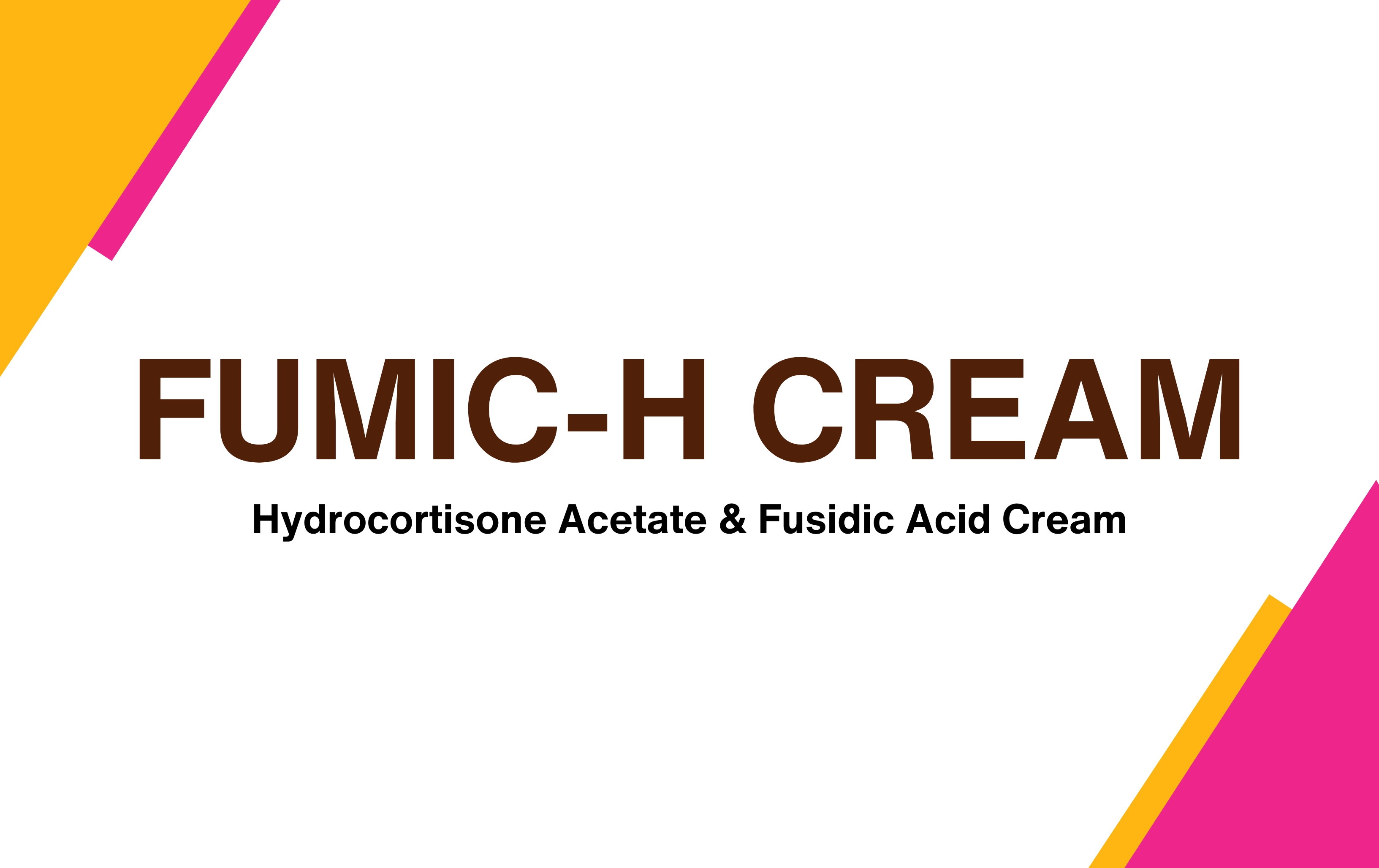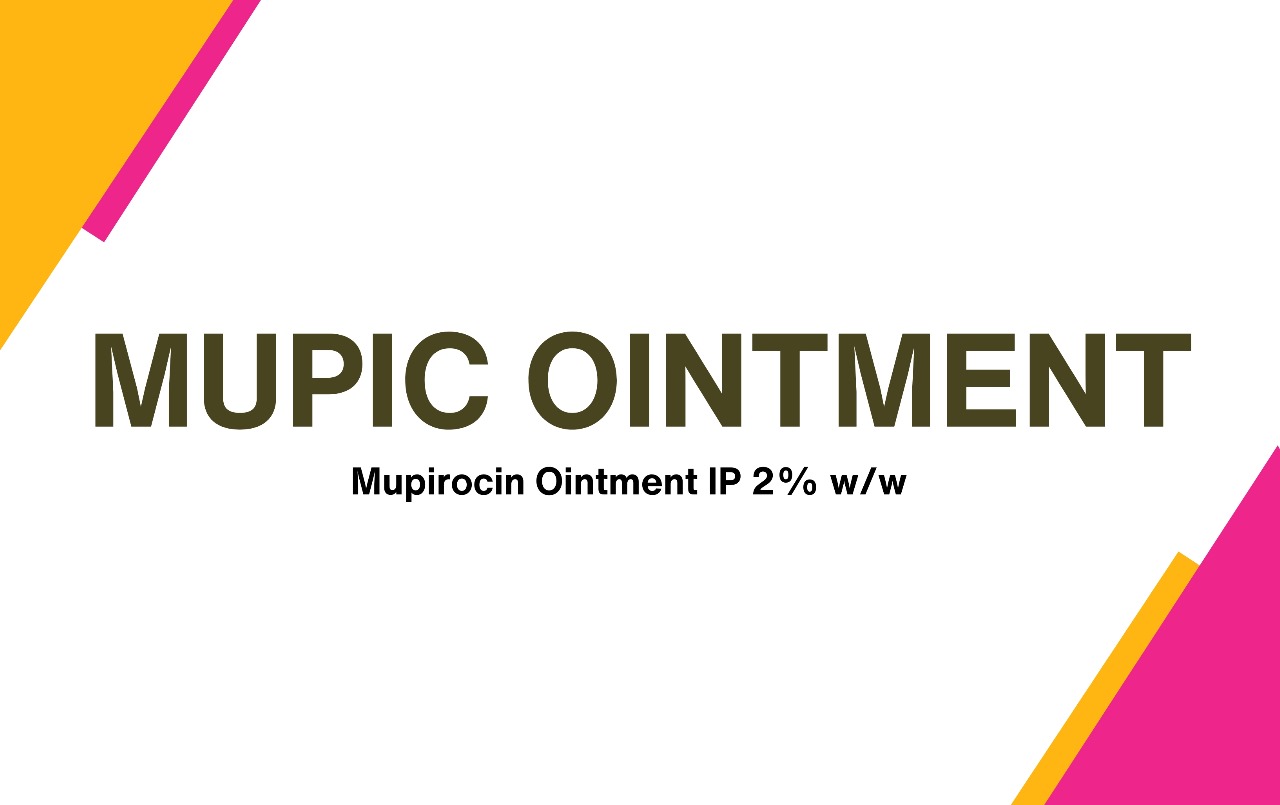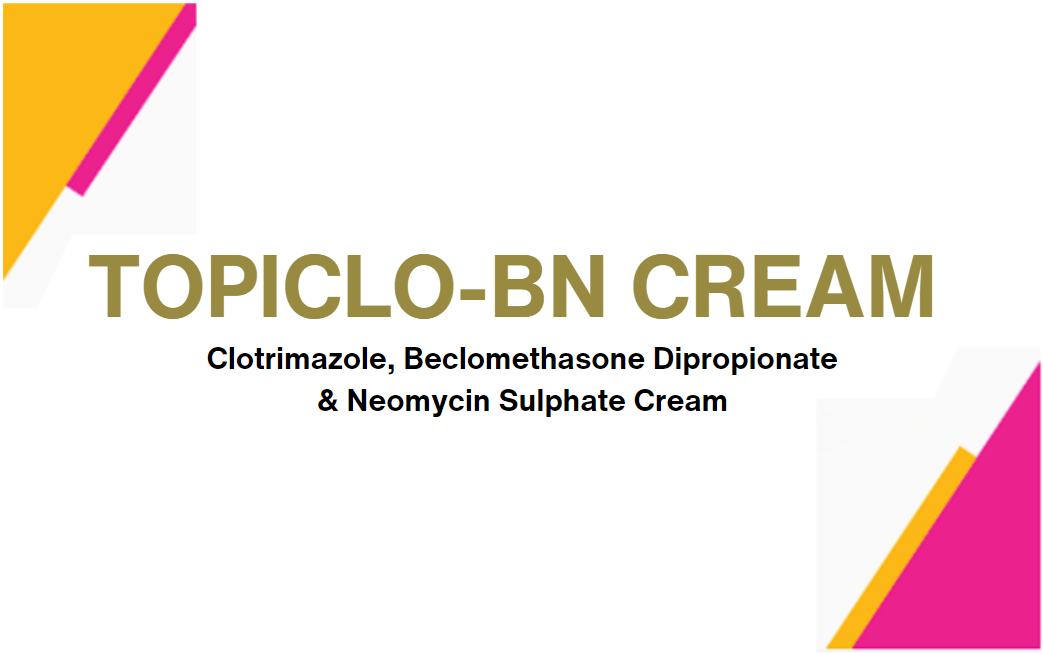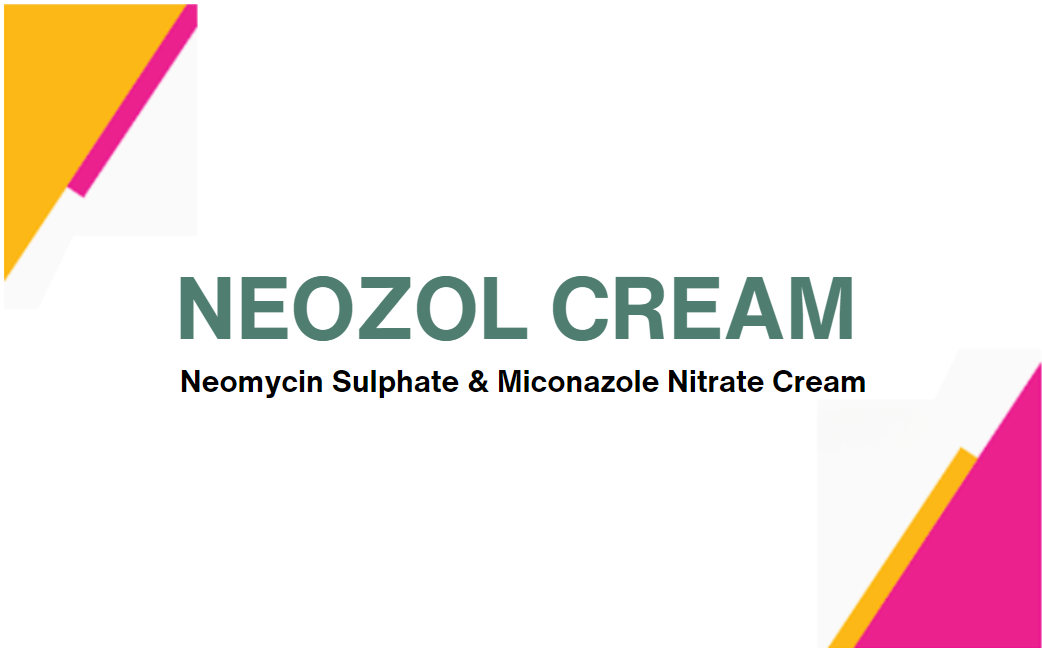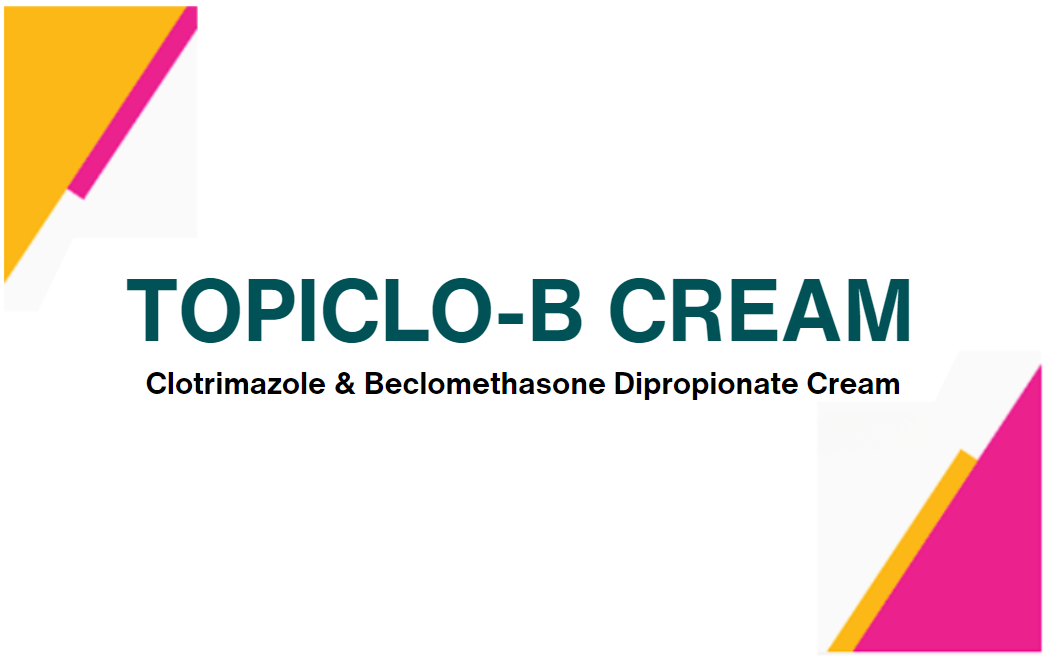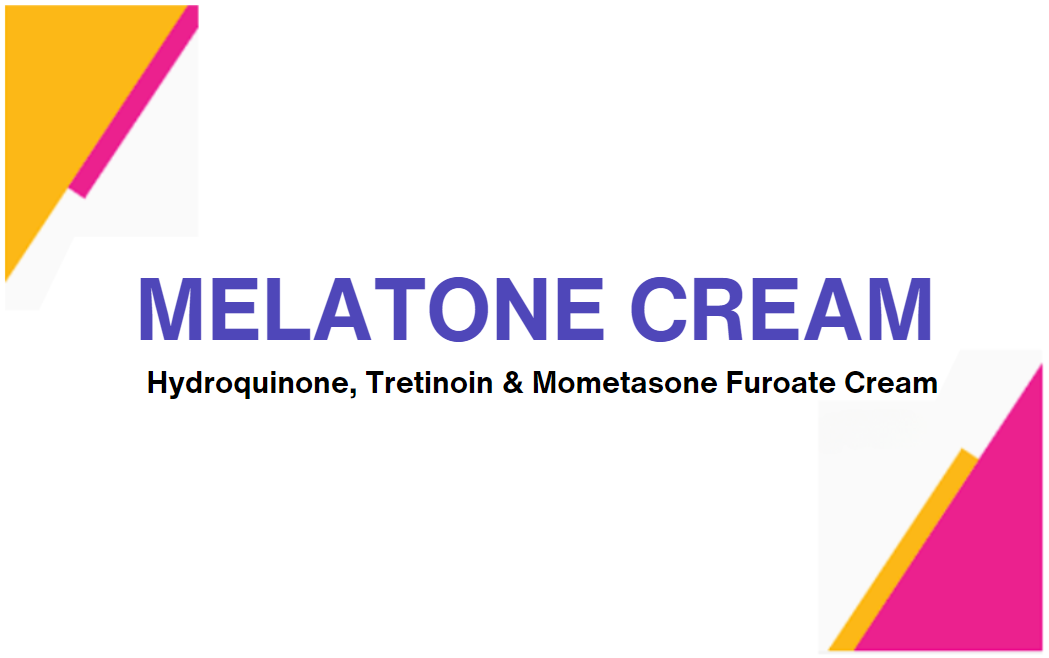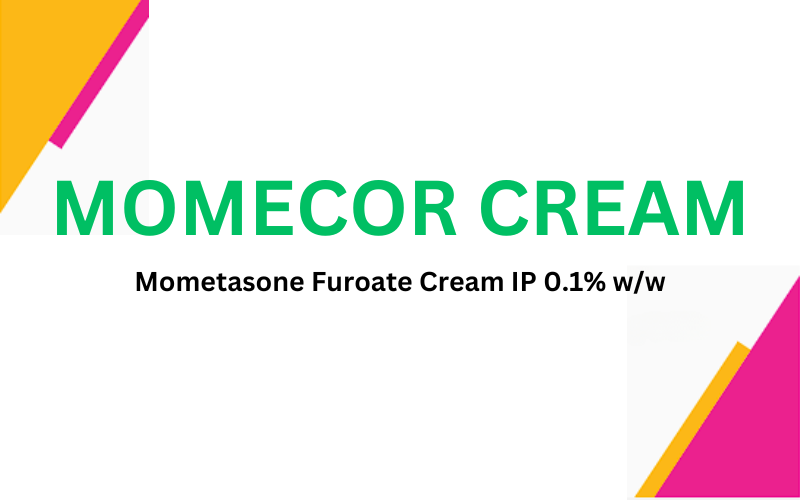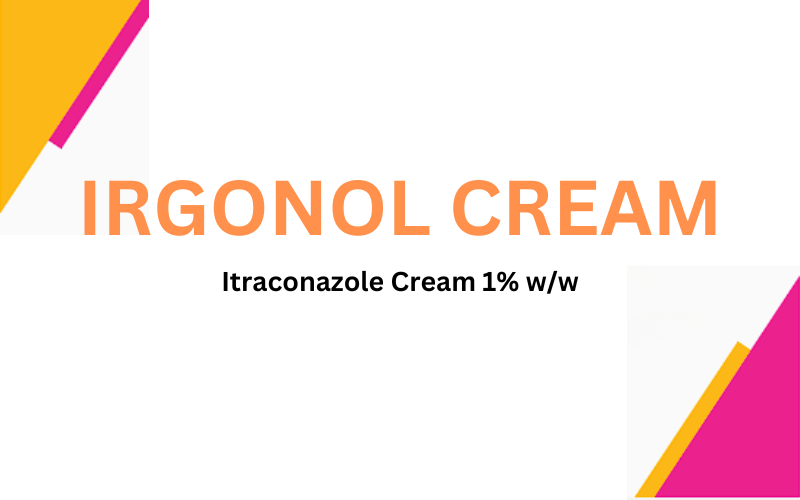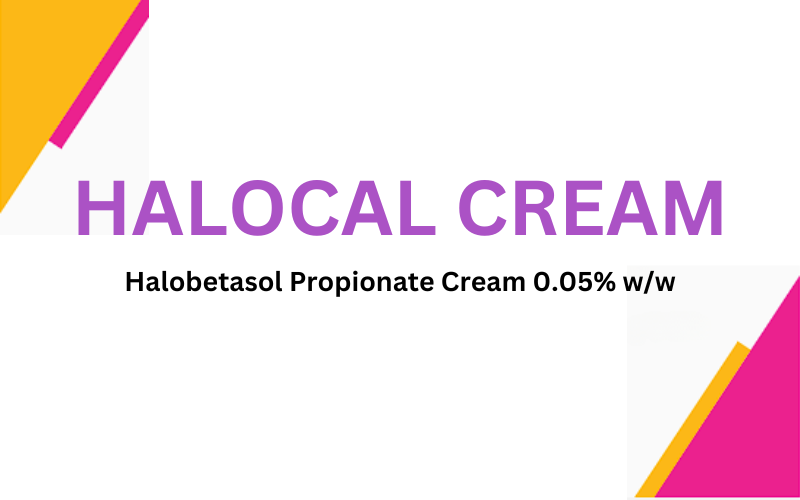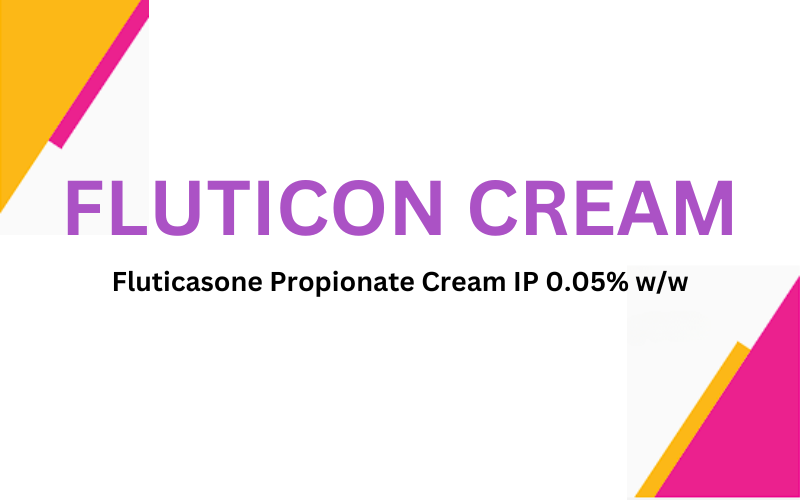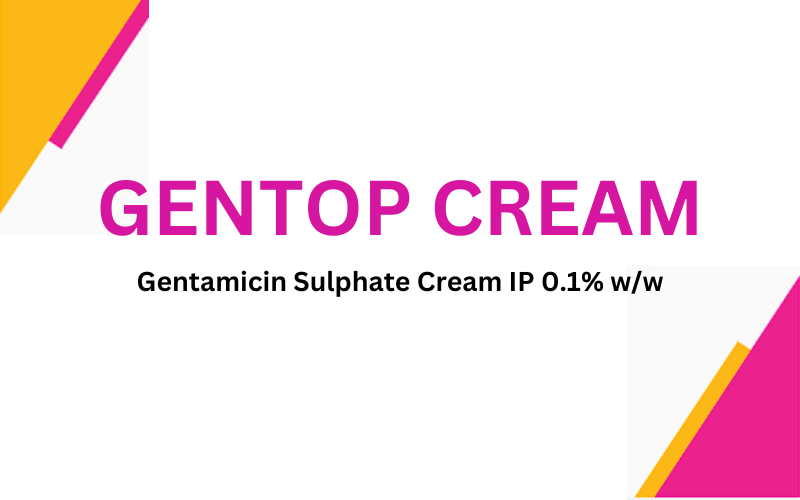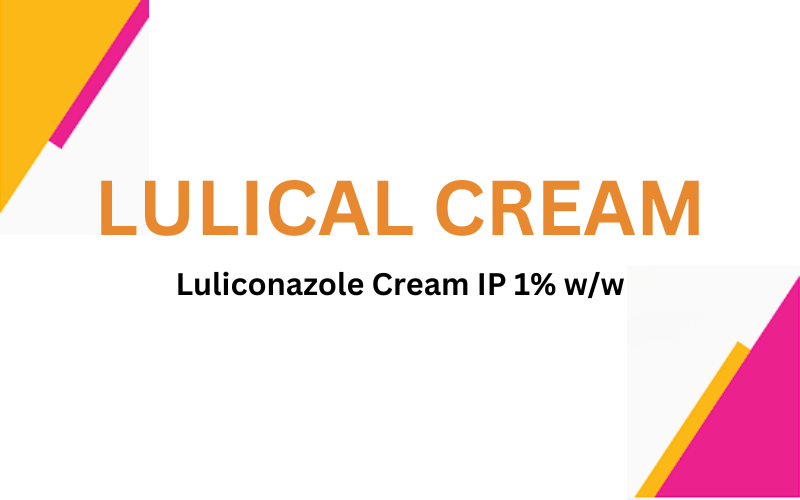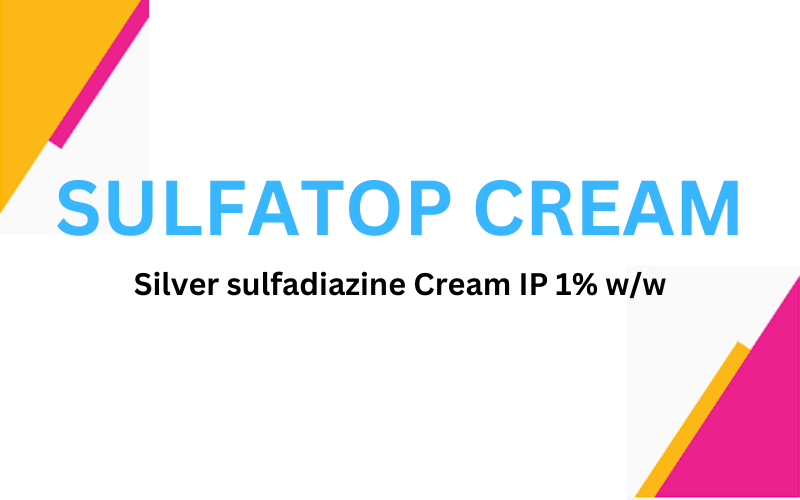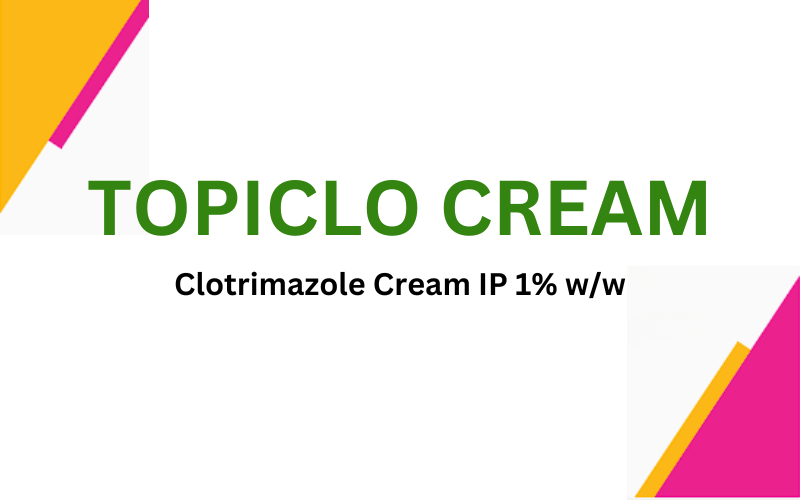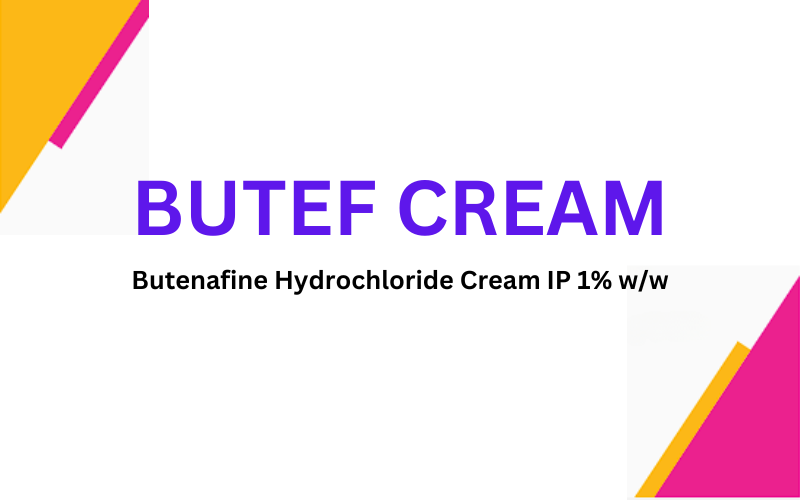Recent Search Keywords
- info@magnuspharma.com.np
- marketing@magnuspharma.com.np
- (+977) 01-5366878 / 4249929
ACNETIN Cream

ACNETIN Cream
Adults and adolescents (≥ 12 years) Once daily at bedtime the entire face should be washed with mild soap and dried. A pea-sized amount of medication should be squeezed onto one fingertip, dot onto the chin, cheeks, nose, and forehead; then gently rub over the entire face. Treatment with Tretinoin should not exceed 12 weeks of continuous use without careful evaluation. It should be noted that therapeutic improvement may not be observed for several weeks after starting treatment. In case of a missed dose of Tretinoin, the patient should wait for the next dose at the usual time. Patients should not double the dose to make up for the forgotten dose. Use in Children below 12 years of age Tretinoin is not recommended for use in children below 12 years of age, since safety and efficacy of Tretinoin in children have not been established. Use in the Elderly (>65 years of age) Safety and efficacy of Tretinoin in patients above the age of 65 years have not been established. Renal and hepatic impairment In view of the low systemic exposure to tretinoin following topical administration of Tretinoin, moderate renal or hepatic impairment is not expected to result in systemic exposure of clinical concern. However, tretinoin serum concentrations have not been studied in patients with renal or hepatic disease following topical administration. Individual decisions are advisable in severe cases. Method of administration Tretinoin is indicated for external (dermatological) use only. The application of Tretinoin should avoid eyes, eyelids, lips and nostrils. After the application the patient should wash hands
Topical tretinoin has both comedolytic and anti-inflammatory effects. Tretinoin decreases cohesiveness of follicular epithelial cells resulting in decreased microcomedone formation. Additionally, tretinoin stimulates mitotic activity and increased turnover of follicular epithelial cells, causing extrusion of the comedones. The comedolytic activity is related to a normalisation of the desquamation of the follicular epithelium. Tretinoin exerts anti-inflammatory effect via suppression of toll-like receptors (TLRs).
Tretinoin occurs in the body as a metabolite of retinol, and it exhibits a certain degree of Vitamin A growth-promoting activity. Representative well-controlled clinical studies conclude that topically applied tretinoin does not increase plasma alltrans retinoic acid (tretinoin). Following a single topical application of radiolabelled tretinoin, the blood concentration of retinoic acid was found to be unchanged from 2-48 hours. Neither single-dose nor long-term treatment with topical tretinoin formulations does alter systemic retinoid levels, which remain within the range of body's natural endogenous levels.mpairment.
Adults and adolescents (≥ 12 years) Once daily at bedtime the entire face should be washed with mild soap and dried. A pea-sized amount of medication should be squeezed onto one fingertip, dot onto the chin, cheeks, nose, and forehead; then gently rub over the entire face. Treatment with Tretinoin should not exceed 12 weeks of continuous use without careful evaluation. It should be noted that therapeutic improvement may not be observed for several weeks after starting treatment. In case of a missed dose of Tretinoin, the patient should wait for the next dose at the usual time. Patients should not double the dose to make up for the forgotten dose. Use in Children below 12 years of age Tretinoin is not recommended for use in children below 12 years of age, since safety and efficacy of Tretinoin in children have not been established. Use in the Elderly (>65 years of age) Safety and efficacy of Tretinoin in patients above the age of 65 years have not been established. Renal and hepatic impairment In view of the low systemic exposure to tretinoin following topical administration of Tretinoin, moderate renal or hepatic impairment is not expected to result in systemic exposure of clinical concern. However, tretinoin serum concentrations have not been studied in patients with renal or hepatic disease following topical administration. Individual decisions are advisable in severe cases. Method of administration Tretinoin is indicated for external (dermatological) use only. The application of Tretinoin should avoid eyes, eyelids, lips and nostrils. After the application the patient should wash hands
ACNETIN Cream 0.05% is available in 30 g of pack filled in laminated tube & packed in carton.
